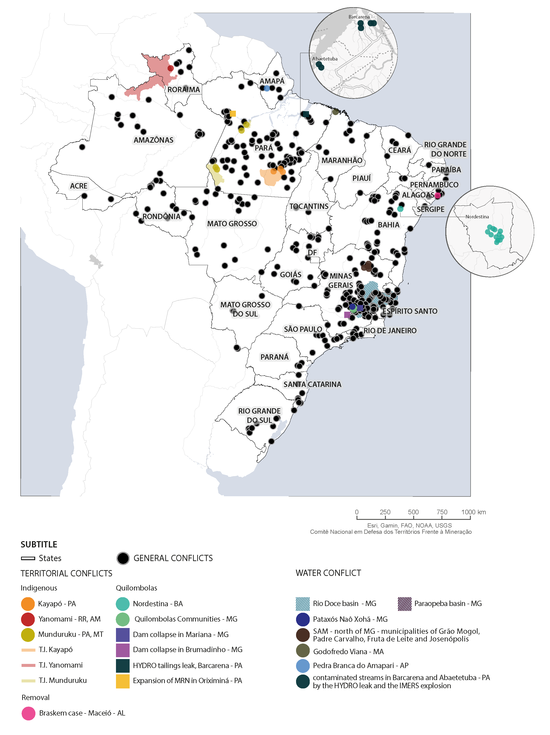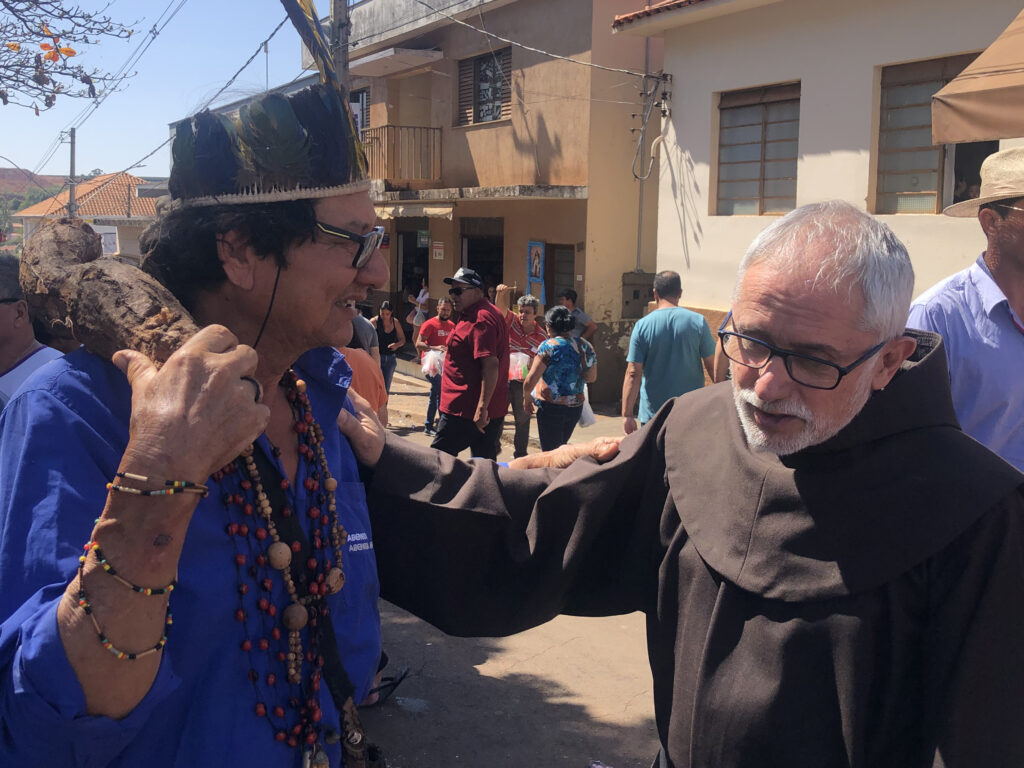Brazil has seen a worrying regression in terms of human rights in recent years. Existing social inequalities have been further deepened by the Covid-19 pandemic, plunging many into extreme poverty. Marginalized communities, including the country’s Indigenous peoples, are treated with hostility by the current administration. Weak environmental regulations and poor oversight have allowed extractive industries, particularly mining, to threaten some of the world’s most vital ecosystems.
“We are living through the dismantling of the human rights system, especially over the last four years,” says Brother Rodrigo Péret, a Friar Minor from Brazil who has repeatedly raised these issues at the United Nations. “We are opposing these trends. However, to be successful we need a collective response – including from the international community.”
Franciscans International recently visited Brazil, ahead of a crucial presidential election in October and an upcoming examination of the country’s human rights record under the Universal Periodic Review* (UPR). During this mission, FI visited several Franciscan projects through which sisters and brothers provide direct care to people in need and to better understand the challenges they face.
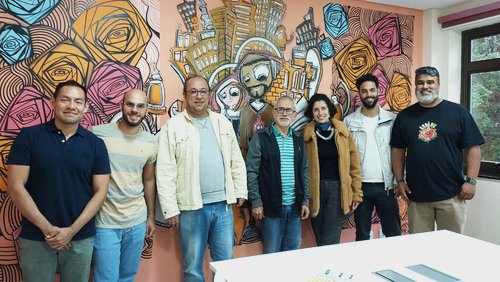
Local Franciscan projects that directly help affected communities
The Franciscans in Brazil work on numerous projects that seek to improve the human rights situation of local and marginalized communities. For example, in São Paulo, the “Casa de Assisi” shelter welcomes migrants and refugees. Other Franciscans work with local authorities through mobile outreach centers that offer support and legal aid to vulnerable migrants. While the total number of migrants briefly decreased at the height of the pandemic other issues, such as discrimination and forced labor, surfaced.
Now that travel restrictions have been lifted, the Franciscans are again seeing a new influx of migrants – both from neighboring countries and as far as Africa and China. However, since the government process of regularize migrants all but stopped because of Covid-19, they are facing long delays in formalizing their status.
The pandemic also exacerbated many of the deep-rooted social inequalities in Brazil. The number of people experiencing hunger, homelessness, and shortages of water has spiraled. Franciscans have responded in various ways: some directly distribute food, while in Uberlandia the Franciscans supported the creation of communal kitchens that feed hundreds of people every day. Others provide shelter to those that were evicted during the pandemic. However, this work mainly addresses the immediate hardship – active engagement from the authorities is needed to structurally improve the situation.
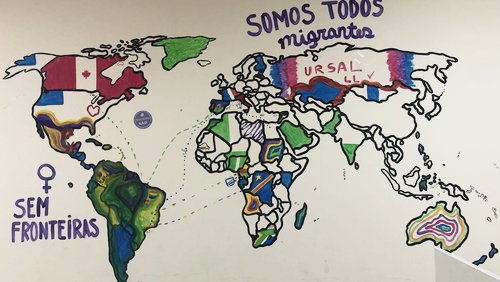
Extractive industries, on the other hand, have thrived during the pandemic. Mining was declared an ‘essential activity’, allowing projects to move forward threatening both local communities and vital ecosystems. Oftentimes, these operations also infringe on Indigenous lands, without their consent.
The dangers of these practices are exemplified by the mining disasters in Mariana in 2015 and four years later in Brumadhino, where the collapse of tailing dam caused hundreds of deaths and widespread environmental damage. Years later, the victims are still suffering the residual harm from pollution and toxic waste. Many have not received full reparations.
Climate change is further exacerbating the problem, as increasingly heavy rains and storms spread the pollution over an even wider area. “In Brazil, mining does not only deplete the land. The destruction it brings also depletes the people.” says Brother Rodrigo, who works closely with the affected communities.
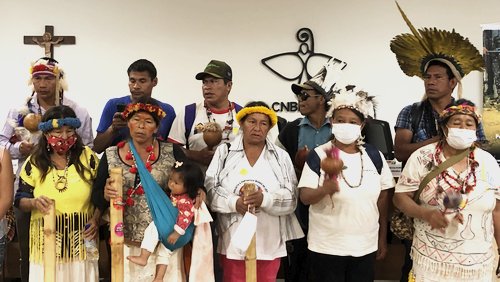
Using the United Nations mechanisms to build additional pressure for change
Beyond these projects, the Franciscans are also looking to the international community to help improve the human rights situation in Brazil. In August, immediately after FI’s visit, Brother Rodrigo also traveled to Geneva, where he raised Franciscans and allies’ concerns in a pre-session addressing a wide range of diplomatic missions ahead of Brazil’s UPR and met with several UN human rights experts.
As the basis of this advocacy work, FI and its partners submitted a joint report submitted to the UN. This report details a wide range of concerns related to the human rights situation in the country. During the pre-session with diplomatic missions in Geneva, Brother Rodrigo also made specific recommendation to ensure that the rights of victims are protected and to end the prevailing impunity that allows companies to evade accountability for the human rights violations caused by their activities.
“These recommendations are extremely important, as they will be the basis for a roadmap for the new government,” says Brother Rodrigo. “They will also give us the tools to apply pressure to improve the human rights situation in Brazil.”
* Under the UPR, the human rights record of all UN Member States is examined on a rotating basis. During the process, States offer each other recommendations for improvement. The pre-sessions offer an opportunity to discuss what issues should be raised during the examination, and what recommendations can be offered. Brazil’s examination under the UPR is scheduled for 7 November 2022.
